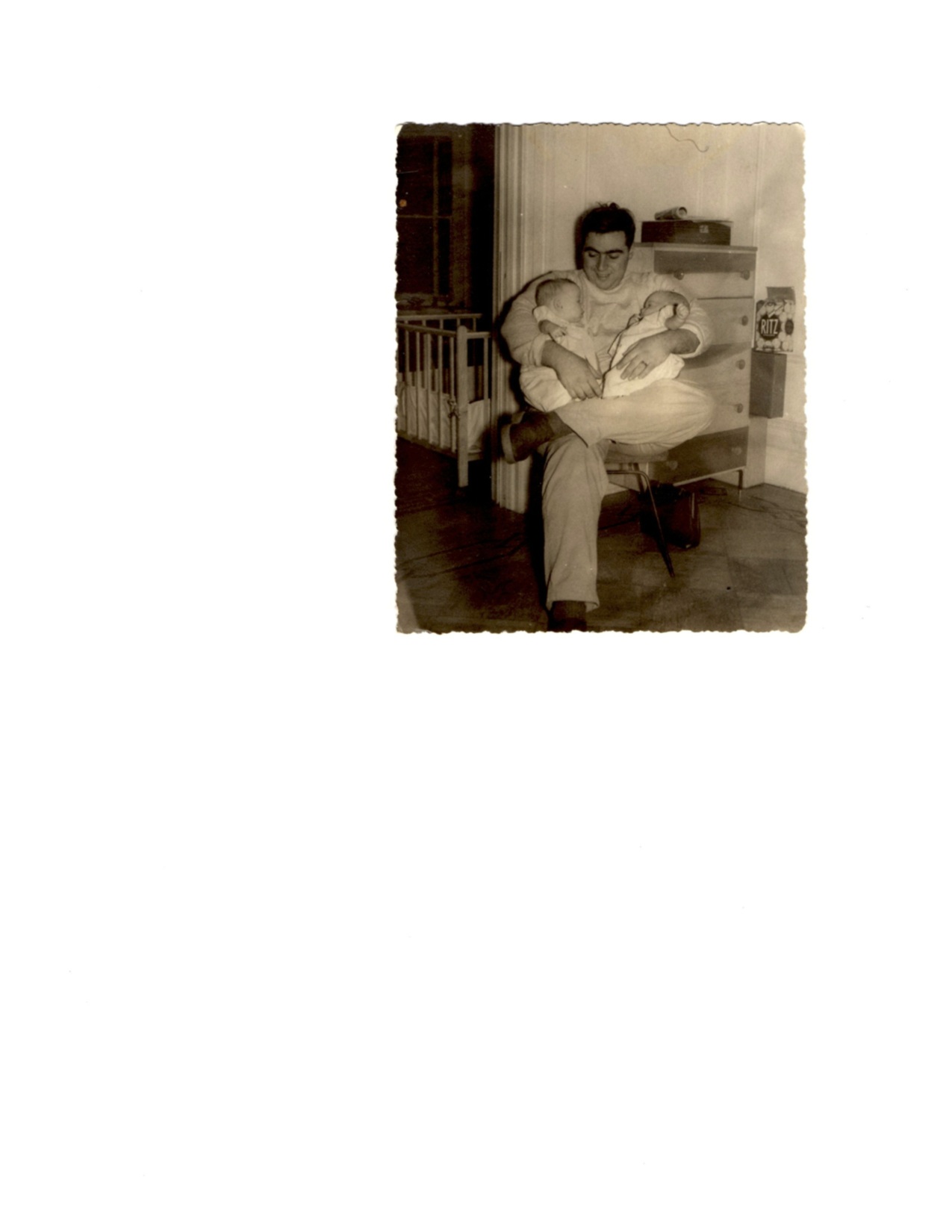It is a story of spying, intrigue, national security, retaliation, and - potentially - treason. Yet, the way the outing of Valerie Plame was carried out and reported upon, is steeped in gender stereotypes and sexual politics.
In Valerie Plame Wilson’s long-awaited testimony to Congress, she recounted the events that led to her husband’s trip to Niger, and the breach of her covert status that ensued. Contrary to the spin that formed the rationale for the leak, Plame said that she was asked by her superiors to broach the idea of the trip to her husband, not the other way around. (She joked about dreading the idea of being alone nights with their twin two-year-olds.) In fact, according to Plame, she did not have the authority to initiate that suggestion.
Why was this so important? Because the Bush administration used the suggestion that she sent her husband on the trip to Niger, as a way to discount his findings that contradicted their pre-war claims. Joe Wilson, of course, was highly qualified for the trip, having been an ambassador with extensive experience in the region. Yet, a tremendous amount of time and effort has been spent trying to ferret out the decision making process that led to his trip.
Other than a passing reference - to his credit - by Henry Waxman in Friday's hearing, few have asked the obvious question: Does it really matter whether Plame sent her husband to Niger? Would we be discussing it at all if Joe Wilson had had a brother who worked at the CIA? How does the issue of who sent him, have any bearing on the truth of his findings from the trip?
I think the key to why this insinuation was so important to the Bush administration, lies in how administration officials have continually sold, and re-sold the war, the occupation, and the escalation. Again and again, we are told that Democrats and other administration critics are not tough enough to do the dirty work of this war, and thus, to protect the American people against terrorism.
For example, just before the 2006 election, a chorus of Republicans repeated the mantra that the Democrats are “content to lose” in Iraq.
In January, Cheney derided critics of the escalation, as not having the "stomach to finish the task." Again, the emphasis is on toughness, and intestinal fortitude, rather than the wisdom of continuing the strategy.
More recently, Cheney accused Nancy Pelosi and other critics of “validating the al Qaeda strategy.” Thus, the argument for continuing, and escalating, the current strategy, comes not from the facts on the ground, but from easily recognizable stereotypes of masculinity. (At the time, I wondered whether Cheney’s reference to “stomach” was a euphemism.) It’s almost as if the Iraq war and occupation, were an exercise in narcissism.
This pattern puts the planned defense against Wilson’s criticism in context. The underlying message of the claim that his wife sent him to Niger, is not that he was not qualified to make the trip. It is that he is less powerful than his wife, and thus, a wimp. Like the Democrats, like other war critics, he lacks a key qualification for weighing in on matters of war - manliness. This is an apparent appeal, not to experience with war, or even demonstrated bravery, but to sheer bellicosity. (George Lakoff is no doubt proud to see the similarity of such appeals to his version of the conservative, “strict father” worldview.)
The outing of a covert CIA agent, the compromise of a program concerned with weapons of mass destruction, demonstrating - to friends and allies alike - our inability to protect our agents; that’s a lot to risk for such a weak, tangential argument against Joe Wilson’s findings in Niger.
In a narrow sense, Congress should move to ensure that such risks are never again dared. In a broader sense, perhaps it’s time we stopped judging our foreign policies by schoolyard fears of being too swayed by female power.





